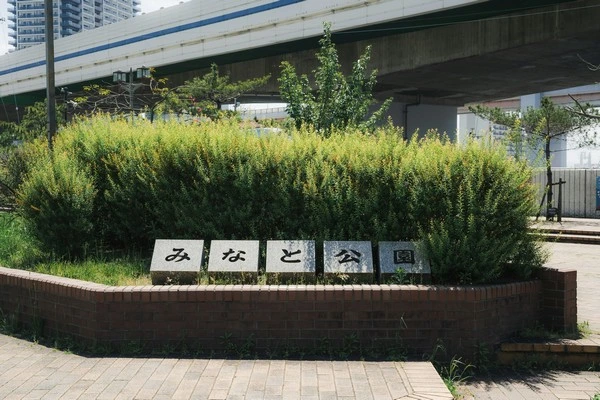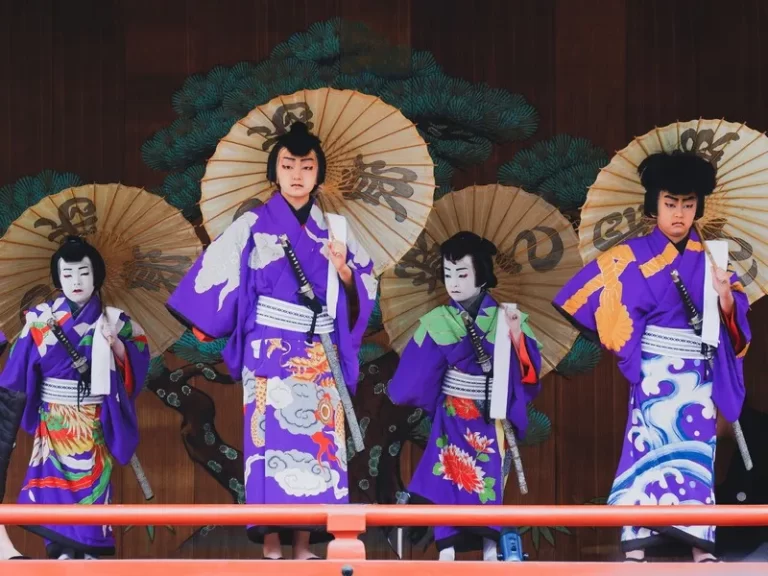Table of Contents
- The Historical Roots of Bahraini Cuisine
- Signature Dishes and Their Sociological Significance
- Food and Religious Practices
- The Role of Gender in Bahraini Food Culture
- Contemporary Shifts in Bahraini Food Culture
- The Social Dimensions of Dining
- Sustainability and the Future of Bahraini Cuisine
- Conclusion
The Kingdom of Bahrain, a small island nation in the Arabian Gulf, boasts a culinary tradition that is as rich and diverse as its history. The country’s unique position as a maritime crossroads has shaped its food culture, blending indigenous flavors with influences from Persia, India, and the wider Arabian Peninsula. This article delves into the sociological dimensions of Bahrain’s food, exploring how cuisine reflects identity, community, and the island’s evolving social fabric.
The Historical Roots of Bahraini Cuisine
The Influence of Geography
Bahrain’s location in the Arabian Gulf has been instrumental in shaping its cuisine. As an island nation with limited arable land, Bahrain has historically relied on fishing and trade. The abundance of seafood—particularly shrimp, grouper, and mackerel—forms the backbone of many traditional dishes. The proximity to trade routes also facilitated the introduction of spices, rice, and other ingredients from India, Persia, and East Africa, blending these influences into Bahraini cooking. Beyond its geographic advantages, Bahrain’s climate dictated the types of crops that could thrive, including dates, a staple food that remains central to Bahraini dishes today.
The Role of Trade and Migration
Trade and migration have significantly influenced Bahraini cuisine. The pearl diving industry, once the economic mainstay of Bahrain, brought wealth and exposure to foreign cultures. This interaction introduced ingredients like saffron, rose water, and cardamom, which are now staples in Bahraini kitchens. Migrants from India, Persia, and East Africa brought their culinary traditions, further enriching Bahrain’s gastronomic landscape. These exchanges not only diversified the food palette but also embedded a sense of openness and adaptability in Bahraini culinary traditions, highlighting the interplay between economic pursuits and cultural identity.
Signature Dishes and Their Sociological Significance
Machboos: A National Staple
Machboos, a spiced rice dish often served with meat or fish, is considered Bahrain’s national dish. The preparation of Machboos is a communal activity, particularly during family gatherings and religious festivals. The dish’s complexity, with its blend of spices like turmeric, cinnamon, and cloves, reflects Bahrain’s historical trade connections. Sociologically, Machboos embodies the values of hospitality and familial bonds, often served to honor guests and mark special occasions. The act of sharing Machboos in a large communal setting fosters a sense of belonging, underscoring the importance of unity in Bahraini society.
Balaleet: A Sweet-Savory Fusion
Balaleet, a unique dish combining sweet vermicelli and savory eggs, illustrates Bahrain’s penchant for culinary innovation. Typically served for breakfast or during Eid celebrations, Balaleet bridges the gap between tradition and modernity. Its contrasting flavors symbolize the blending of diverse cultural influences that define Bahraini identity. This dish also reflects the ingenuity of Bahraini cooks in creating harmony from contrasting elements, serving as a metaphor for Bahrain’s cultural inclusivity.
Bahraini Seafood
Given its maritime heritage, seafood plays a central role in Bahraini cuisine. Dishes like Samak (grilled fish) and Muhammar (sweet rice with fish) highlight the community’s deep connection to the sea. These dishes are not just food but a narrative of Bahrain’s history, reflecting its reliance on fishing as a livelihood and a cultural touchstone. The methods of preparing and seasoning seafood often vary across families, indicating regional and generational nuances that add to the richness of Bahraini culinary identity.
The Versatility of Dates
Dates are another cornerstone of Bahraini cuisine, used in both savory and sweet dishes. They serve as a nutritious snack, a natural sweetener, and an ingredient in iconic dishes such as Khabeesa (a sweet porridge). The sociological role of dates extends beyond nourishment; they are a symbol of hospitality and are often the first offering to guests. Dates also play a significant role in religious rituals, particularly during Ramadan, when they are used to break the fast.
Food and Religious Practices
Ramadan and Iftar
Ramadan, the Islamic holy month of fasting, profoundly influences Bahrain’s food culture. Iftar, the evening meal to break the fast, is a communal affair marked by generosity and sharing. Traditional dishes like Harees (a slow-cooked wheat and meat dish) and Lugaimat (sweet dumplings) are staples during this time. The sociological significance of Iftar lies in its emphasis on community, charity, and spiritual reflection. The elaborate preparations for Iftar often bring families together, reinforcing bonds and creating a shared sense of purpose and devotion.
Ashura and Ritual Foods
The Shia Muslim majority in Bahrain commemorates Ashura with unique ritual foods such as Hareesa and special sweets. These dishes are prepared and distributed as acts of piety and solidarity, reinforcing community bonds. The food served during Ashura reflects Bahrain’s cultural and religious diversity, highlighting the interplay between faith and gastronomy. The communal preparation and distribution of these foods during Ashura also provide a platform for collective remembrance and solidarity, further strengthening social cohesion.
The Role of Gender in Bahraini Food Culture
Women as Culinary Custodians
In Bahraini households, women traditionally assume the role of culinary custodians, passing down recipes and cooking techniques through generations. This role extends beyond the domestic sphere, as women often prepare food for community events and religious gatherings. The act of cooking is both a means of preserving cultural heritage and a form of social capital, elevating the status of women within their communities. The stories and rituals associated with recipes create a lineage of cultural memory, ensuring the continuity of Bahraini traditions.
Men in Public Food Spaces
While women dominate the private culinary sphere, men often take center stage in public food spaces, such as restaurants and street food markets. This division underscores broader gender dynamics in Bahraini society, where private and public roles are distinctly defined yet complementary. Men’s presence in these spaces also highlights the evolving role of food as a commercial enterprise, bridging traditional culinary practices with contemporary economic opportunities.
Contemporary Shifts in Bahraini Food Culture
Globalization and Fusion Cuisine
Get the full article AD FREE. Join now for full access to all premium articles.
View Plans & Subscribe Already a member? Log in.





